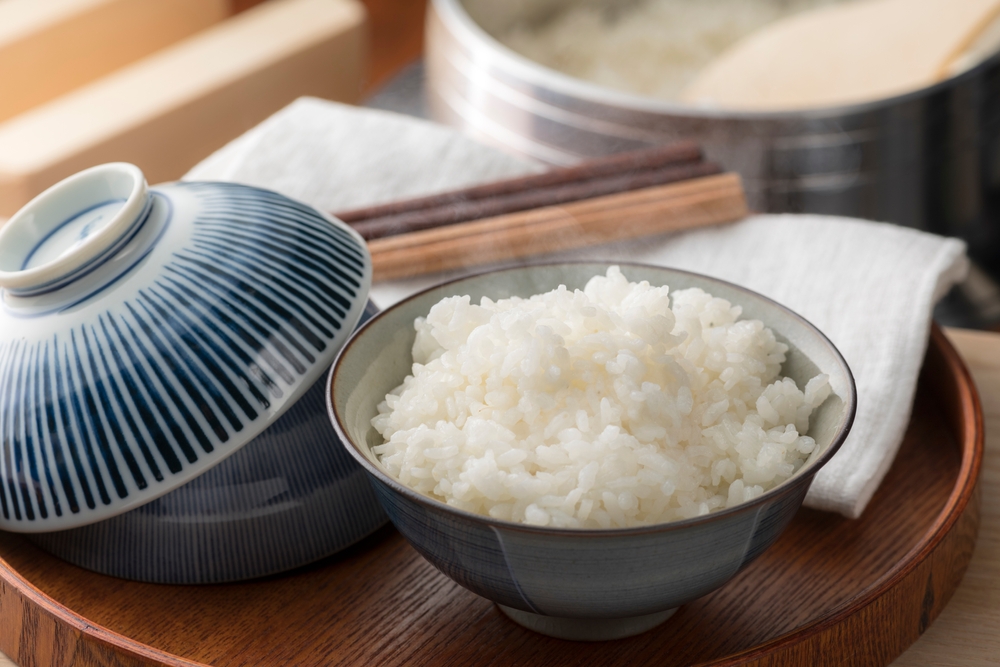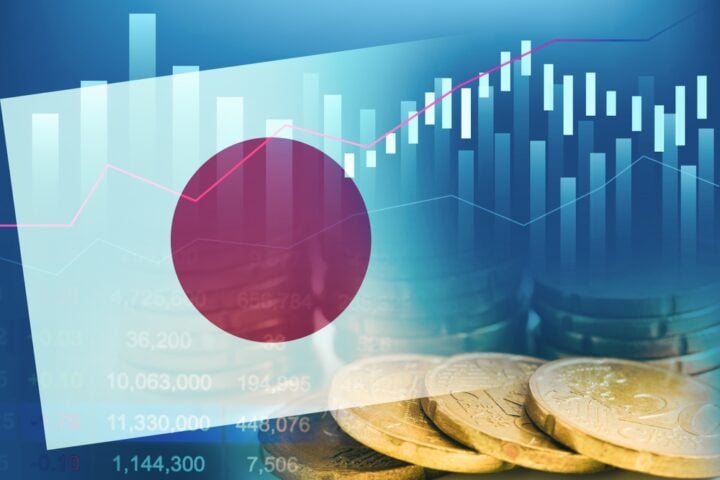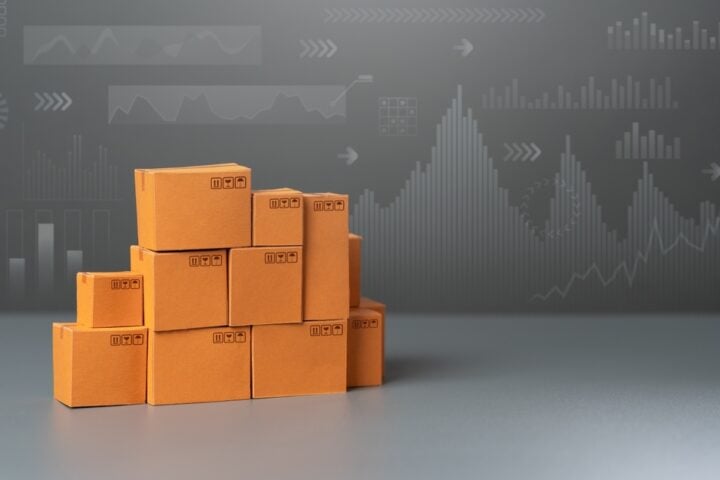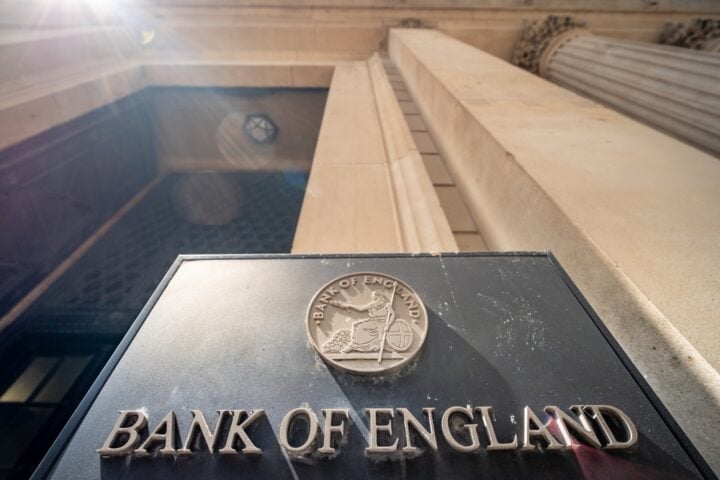Japan is set to flood the market with nearly a quarter of a million tonnes of stockpiled rice in an unprecedented attempt to control soaring prices. This move comes in response to record summer heat, panic buying, and distribution challenges that have driven rice prices up by more than 50% in recent months.
Government Intervention to Stabilize Prices
Agriculture Minister Taku Eto announced on Friday that up to 210,000 tonnes of rice would be released to help ease consumer burdens. “The price hike has been too sharp, which is why we have made this decision,” Eto stated. This marks a rare intervention, as the government usually refrains from directly influencing the market.
Soaring Rice Prices
According to a government survey, the latest average retail price for a 5kg (11lb) bag of rice reached ¥3,688 ($24), a steep increase from ¥2,023 last year. The surge has been attributed to supply chain disruptions, rising demand, and extreme weather conditions that affected rice production.
Impact of Climate and Supply Chain Disruptions
Japan’s rice stockpiles were already strained due to record-breaking temperatures impacting the 2023 crop. Additional factors such as a rise in tourism, typhoon warnings, and earthquake fears led to panic buying, further depleting reserves.
Market Speculation and Hoarding
Despite an increase of 180,000 tonnes in the 2024 harvest compared to 2023, distributors acquired less rice amid speculation that farmers and wholesalers were holding onto stocks, anticipating further price increases.
Stockpile Release Strategy
The stockpiled rice will be distributed to agricultural cooperatives and wholesalers by mid-March, with sales expected by early April. To prevent a market crash, the government plans to repurchase an equivalent quantity from distributors within a year.
Rice Storage and Emergency Reserves
While the exact locations of Japan’s rice storage facilities remain undisclosed for security reasons, media reports showcased a warehouse in Saitama Prefecture holding 20,000 tonnes of rice—enough to fill 300 million bowls. Nationwide, Japan maintains approximately 1 million tonnes of reserve rice stored across 300 facilities.
Long-Term Stockpiling Efforts
The agriculture ministry purchases around 200,000 tonnes of rice annually for emergency reserves, storing it for up to five years before selling it, often as animal feed. Japan’s rice stockpiling program began in 1995 following a major crop failure in 1993 that led to widespread panic buying.
Japan’s decision to release stockpiled rice underscores the significant impact of climate change and supply chain disruptions on food security. While this intervention may help curb rising prices in the short term, long-term solutions will be needed to ensure stability in the country’s rice market.







